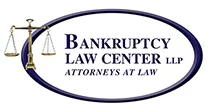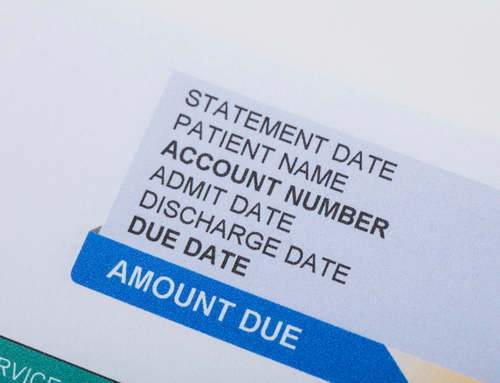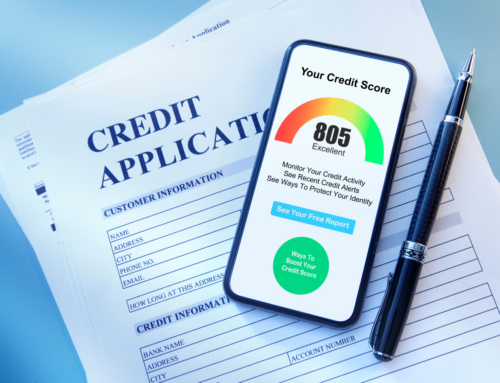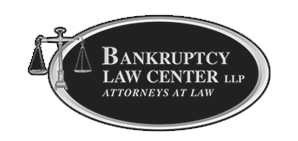In an economy where housing problems dominate the headlines, high interest credit cards still remain one of the largest issues consumers face in their fight for financial health. It should come as no surprise to learn then, that credit card debt is still one of the primary reasons consumers are forced to file for bankruptcy. Incurring credit card debt can happen easily enough: your furnace suddenly stops working and needs to be replaced, your car needs new brakes, or you simply find yourself a little short at the end of the month and need to use a credit card to buy a week’s worth of groceries.
But if you are only able to pay the minimum balances each month, you find yourself in a never-ending cycle of paying only the interest back, and never paying down the principal. You pay hundreds or thousands over time to the credit card companies, but make no progress in paying back the debt. And should you have trouble paying even the minimum balances, you find that not only are the credit card companies unwilling to work with you to lower your interest or principal, they charge you outrageous late fees and even higher interest rates, making it next to impossible to get out of debt. Moreover, once a credit card account becomes delinquent, the banks will charge off what is owed as bad debt and sell the account to a debt collector who will call, harass and even sue if the past due balances are not paid immediately. Mounting pressure from debt collectors pushes many consumers through the front door of a bankruptcy office because bankruptcy protection is the cheapest and most prudent way to get out from under unmanageable credit card debt.
Credit Card Debt is Dischargeable in Bankruptcy
Generally speaking, unsecured debts like credit card debts and medical bills are dischargeable in Chapter 7 bankruptcy, and are often paid back at pennies on the dollar in a Chapter 13 bankruptcy. When you file for bankruptcy, your unsecured debts are either eliminated or paid back at a substantially reduced amount at a rate affordable to you. The credit card companies are no longer able to pursue you for your debts. Doing so would be in violation of the law and would subject the creditors to sanctions by the bankruptcy court. Furthermore, unlike debts that are forgiven through private negotiation with a lender, there is no tax liability for debts that are discharged in bankruptcy.
Your Credit Reports Should Show ZERO Balances on Your Credit Cards After Bankruptcy
After bankruptcy, the credit card companies are required to report discharged debt as having a ZERO balance. It is often necessary to check your credit report and confirm its accuracy after your case closes.
Fraud Will Prevent Credit Card Debt From Being Discharged
While the general rule is that credit card debt is easily eliminated by filing for bankruptcy, fraudulent activity can jeopardize your entire bankruptcy discharge. Using credit cards shortly before filing for bankruptcy can create problems which can be difficult to overcome. Don’t use credit cards if you know you cannot pay the debt back. The bankruptcy code protects debtors who behave in good faith, not dishonest people who try to game the system. A skilled bankruptcy attorney will be able to determine whether there are problematic issues involved, as well as providing solutions to any such problems.
Can You Keep a Credit Card Out of Your Bankruptcy?
All debts including credit card debts must be disclosed in your bankruptcy petition. This means that you cannot keep any credit card that has a balance “out of your bankruptcy”; it must be disclosed and will be discharged along with the rest of your unsecured debts. Credit cards with zero balances do not create a debt obligation and are therefore not required to be disclosed in a bankruptcy filing.
Will I be Able to Get a Credit Card After Bankruptcy?
Believe it or not, yes. Credit card companies often send debtors offers for credit cards after they filed for bankruptcy knowing that it will be 8 years before they can file for bankruptcy again. Additionally, bankruptcy will eliminate all of your unsecured debt making your debt to income ratio more attractive to lenders who see that you now have the ability to take on new debt. This is not to say that filing for bankruptcy is good for your credit, but consumers emerging from bankruptcy commonly receive offers for cards in the mail very soon after their bankruptcy case has closed.
As long as you are honest and acting in good faith, your credit card debt can be discharged through the bankruptcy process. One of the main reasons why consumers are forced into bankruptcy is high-interest credit card debt. If you are facing credit card bills that have spiraled out of control, it is never a bad idea to meet with a bankruptcy attorney to discuss your options. At the Bankruptcy Law Center LLP, we can inform you as to exactly what bankruptcy will do for you, and most likely we will be able to help you save thousands of dollars.





